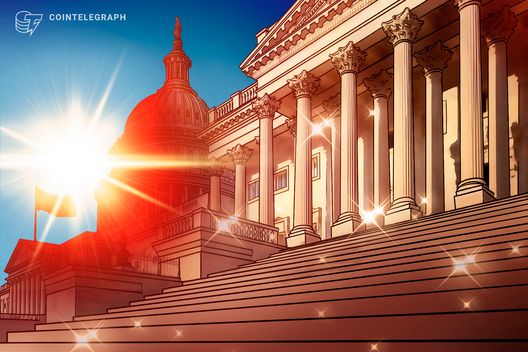
The US House has introduced a clause prohibiting the Federal Reserve from issuing a central bank digital currency (CBDC) as part of a nearly 1,300-page bill detailing the country’s defense policy for the 2026 fiscal year.
A revision of HR 3838, which represents the House’s version of the National Defense Authorization Act, was released on Thursday by the House Rules Committee, featuring comprehensive language that forbids the Federal Reserve from examining or forming digital currency.
The House previously passed a similar Republican-led bill, the Anti-CBDC Surveillance State Act, in July with a narrow vote of 219 – 210, and its future in the Senate remains unclear.
The National Defense Authorization Act and its associated appropriations bills are viewed as critical national security legislation, outlining military funding and budget expenditures.
It is common for legislators to incorporate provisions unrelated to defense that may face delays or major amendments if introduced as standalone legislation.
House leaders committed to CBDC ban in defense bill
Prominent House Republicans committed to including a CBDC ban in the essential military spending bill following negotiations with conservative hardliners in July.
A faction of Republican holdouts had stalled the progression of three cryptocurrency bills unless the passage of a CBDC ban was guaranteed, delaying the vote for over nine hours—the longest in House history.
Initially, it was thought unlikely that the House would pass the CBDC-banning legislation independently due to insufficient support. However, debate on the bills resumed after House Majority Leader Steve Scalise announced that the CBDC ban would be incorporated into the National Defense Authorization Act.
Source: Tom Emmer
The House subsequently passed the CBDC ban bill on its own with a slight margin, which now faces an uncertain future in the Senate.
Provision would prevent Fed-issued digital currency
The provision included in the defense policy bill would prohibit the Fed from issuing any digital currency or asset and would prevent the central bank from directly providing financial products or services to individuals.
Related: US must establish regulations or risk losing crypto race — Wyoming Symposium
The clause specifies that the central bank cannot “test, study, develop, create, or implement” a digital currency or asset, although it allows an exception for stablecoins, clarifying that the bill does not restrict “any dollar-denominated currency that is open, permissionless, and private.”
A CBDC bill failed last Congress
House Republicans have sought to ban CBDCs for some time now.
The party’s House leaders aimed to pass a version of the CBDC-banning bill during the last Congressional session.
The similarly titled bill, named the CBDC Anti-Surveillance State Act, was introduced by Representative Tom Emmer in early 2023, but it did not advance and expired with the last Congress.
Emmer has reintroduced a version of the bill in the current Congress, with Republican support aligning with President Donald Trump’s executive order from January that prohibits CBDCs.
Magazine: Can privacy survive in US crypto policy after Roman Storm’s conviction?

